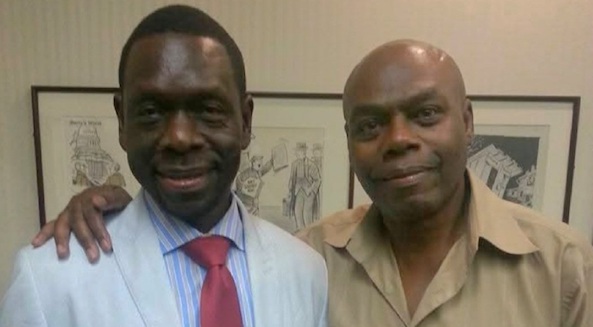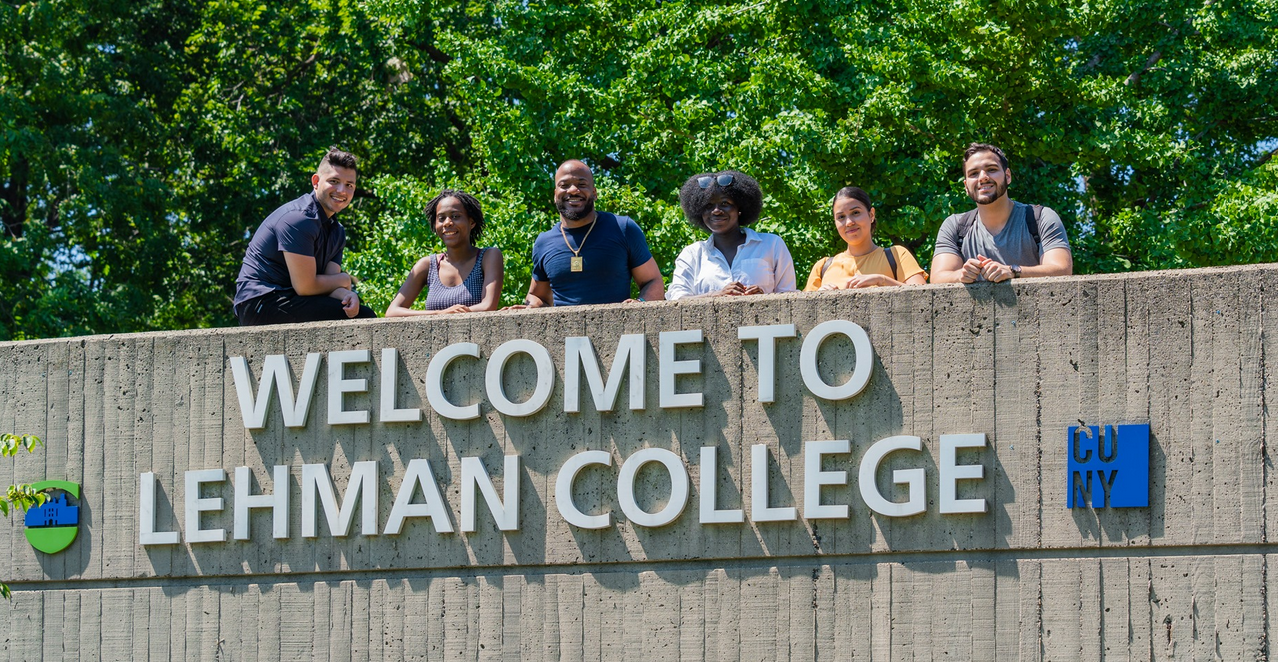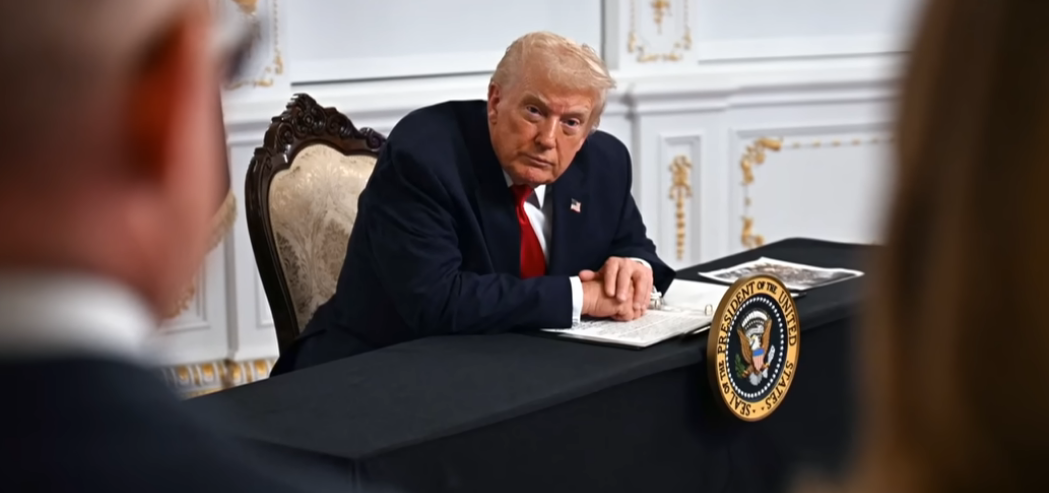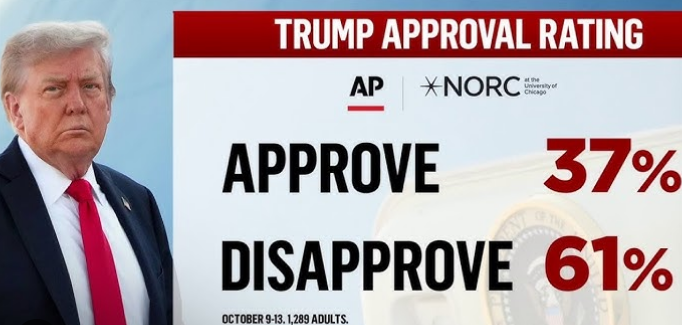With Shaka Ssali in Washington, D.C., back in the day.
Shaka Ssali, the lion of Kabale, Uganda, has now joined the ancestors.
His death, at the age of 72, was confirmed by one of his former work colleagues at Voice of America (VOA), where for decades he’d been producer and host of the iconic program “Straight Talk Africa.”
His farewell to the earthly realm comes at a time when the Trump administration is in the process of dismantling VOA.
Shaka Ssali was one of Uganda’s, and indeed Africa’s, best gift to the world.
He had that gentlemanly demeanor and tone, which made it easy for him to ask the tough questions. He could practically ask an African leader if it was true that he’d stolen elections or money, and make it sound as if he’d inquired about whether the suspect had enjoyed his breakfast that morning.
Shaka had that magic. His tone was never accusatory—even if the question was—and his demeanor always pleasant and jovial.
That’s why Shaka was one of the most credible and respected journalists in the world. He never raised his voice even when he disagreed with the guest, and knew she or he was patently wrong, or outright lying.
Shaka brought guests from allover the African continent as well as officials of the U.S. government.
There were African presidents, prime ministers, ambassadors, other senior government officials, business executives, activists, political opposition leaders, leaders of women’s organizations, writers, historians, and others at the forefront of the struggle for change in Africa.
In an era of loud, shrill, partisan politics spilling over on most television shows, Shaka tried to engage in balanced conversations, giving equal time to opposing positions.
Yet, this man, whom I considered to be my elder brother and mentor, also made sure he had me as a regular guest; and I never minced words. I was honored and felt humbled whenever Shaka had me on his highly-respected program “Straight Talk Africa.”
On one occasion, I went head-to-head with a Ugandan spewing pro-regime words, Morrison Rwakakamba. The guest went first. Perhaps he thought it would be a polite give-and-take. He was wrong. I can adopt a gentle tone like Shaka when warranted; I can also launch verbal artillery, which is what I did on that occasion. That was years ago, on November 11, 2015. I hope Rwakakamba has recovered.
Shaka, of course, ever the gentleman, invited Rwakakamba back on his show on several subsequent occasions. I too was invited on future shows, but never on the same episode with Rwakakamba. This is because deep down, Shaka was a humanitarian and he felt one punishment was enough.
Shaka and I had many conversations off-camera about the state of our beloved African continent. We both detested the tyranny, kleptocracy, and in some cases—as in Uganda—life-presidencies, family rule, and neocolonialism that have destroyed our motherland.
I loved that these were topics that Shaka focused on and felt passionate about.
Although Shaka was always jovial, he never let guests escape without confronting them with penetrating questions. That’s why he was beloved by ordinary Africans who tuned in regularly to watch his show from allover the world and phoned in with questions. Later, people posted questions on social media when VOA moved into the digital age.
Needless to say, Shaka was feared by those who have many things to hide, including Uganda’s military dictator of 39 years now, Gen. Yoweri Museveni.
When Shaka moderated Uganda’s a presidential “debate”—and I have this in quotations because everyone knows Gen. Museveni has stolen every election he’s appeared in except perhaps the first one—for the 2016 election, Gen. Museveni is said to have informed the organizers that he would agree to appear only if Shaka was barred from asking him questions.
This was of course an unacceptable condition for Shaka. He was a respected journalist of high credibility and integrity. However, Shaka had already traveled all the way to Kampala, from Washington, D.C., when the organizers presented him with these absurd conditions, he later told me. His options were: to either withdraw; or to participate in the sham “debate.” Shaka, correctly, feared that he and his action would become the story if he’d packed his bags and returned to the United States. He decided to participate, a decision that was very painful for this proud journalist, confronted with obnoxious rules created by a nasty cowardly “general.”
Shaka was our walking, living, breathing African asset. He and I discussed the memoir he’d started working on during his last years at VOA. I also contributed a chapter. I also read editorial contributions from others who’d interacted with Shaka through the years and offered suggestions.
The book’s working title was Defying the Odds: The story of the Kabale Kid’s journey from Kabale to Washington, D.C. This was sometime in 2019. I hope a family member ensures that this project is completed and that the book is published.
Shaka had also told me that he was planning to retire from VOA and perhaps work with other African journalists—including yours truly—to create a Pan-African media outlet and to teach journalism at African universities. He planned to share his skills and experience with the African youth.
The Creators had other plans. Shaka suffered a stroke a few years ago. I can’t speculate, but I do know that journalism is a very demanding profession, especially when practiced at the high end, as was the case with Shaka’s work on VOA. Another great friend of mine, Gil Noble, the producer and host of “Like It Is,” a very popular program in New York City, also suffered a stroke a few years ago. Noble never recovered and passed away soon after.
Shaka returned to the broadcast studio for a short while after the stroke, such was his love of the profession and for people who’d become his faithful followers. Things were never the same, his voice had grown softer, and his strength ebbed. Yet, he gave it all that he had; for the people.
Shaka has now traveled the path that awaits all of us one day. When he was in the physical world with us, the Lion of Kabale performed at his very best. Who can ask for anything more from anyone?
Let Shaka now take his reserved seat at the High Table with other eminent African ancestors.
Let’s remember him by the words he always used to close his Straight Talk Africa show: “Keep the African Hope Alive.”





